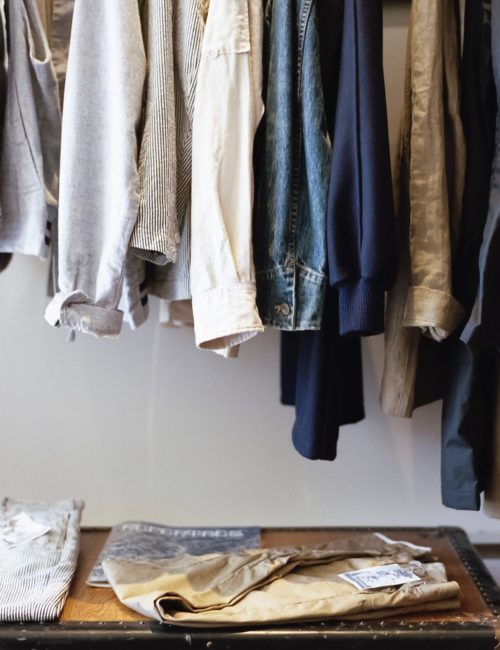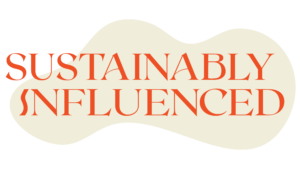Is Shopping Secondhand More Sustainable?
This may seem like a bit of a “clickbaity” title, as everyone would assume that secondhand shopping is automatically the more sustainable choice and as secondhand shopping has been gaining popularity in this post pandemic world as shoppers become more conscious of the impact their purchases have on the environment. However, the question remains: is secondhand shopping more sustainable than shopping for brand new clothing? The answer (which may surprise you) is not straightforward, as it has its advantages and disadvantages in terms of sustainability…
On one hand, buying secondhand clothing reduces the demand for new products, thereby decreasing the environmental impact of the fashion industry. The production of new clothing requires large amounts of water, energy, and other resources, and contributes to greenhouse gas emissions, pollution, and waste. By choosing to buy secondhand, consumers are helping to reduce the demand for new products and the associated environmental impact.

Additionally, secondhand shopping also helps to extend the life of clothing that would otherwise end up in landfills. According to the Environmental Protection Agency, the average American throws away approximately 70 pounds of clothing and textiles each year. By buying secondhand, consumers are helping to keep clothing in circulation and out of landfills, which can reduce waste and conserve resources.
However, secondhand shopping is not without its own environmental impact. Shipping and transportation of secondhand clothing can contribute to greenhouse gas emissions, and the cleaning and repairs required to make clothing suitable for resale can also have an impact. Additionally, some secondhand clothing may come from overseas, which can increase the carbon footprint of the purchase.
On the other hand, shopping for brand new clothing can also have environmental benefits if the clothing is made from sustainable materials and produced using environmentally friendly methods. For example, clothing made from organic cotton or recycled fibers can reduce the environmental impact of the production process, and production methods that use renewable energy and minimize waste can also help to reduce the environmental impact of the fashion industry.
Additionally, shopping for brand new clothing can support companies that are working to reduce their environmental impact and promote sustainability. By choosing to buy clothing from companies that prioritise sustainability, consumers can help to drive demand for environmentally friendly products and encourage the fashion industry to become more sustainable.
Ultimately, both secondhand shopping and shopping for brand new clothing have their advantages and disadvantages in terms of sustainability. While secondhand shopping can help to reduce demand for new products and extend the life of clothing, it is not without its own environmental impact. On the other hand, shopping for brand new clothing can support companies that are working to reduce their environmental impact and promote sustainability, but it also requires the production of new products and can contribute to environmental harm. Ultimately, the best choice will depend on the individual consumer’s priorities and the specific products and companies they are considering.
In order to make the most sustainable choice, consumers should consider the environmental impact of the production process, the materials used, and the shipping and transportation of the clothing. By making informed choices, consumers can help to reduce the environmental impact of the fashion industry and promote sustainability.
Share This Story
Related Posts

Is Your Home Making You Sick? Why It’s Time to Reset Your Cleaning Routine
Is Your Home Making You Sick? Why It’s Time to Reset Your Cleaning Routine How indoor air pollution and toxic products are harming your health

Did ChatGPT Play a Role in Fueling California’s Wildfires?
Did ChatGPT Play a Role in Fuelling California’s Wildfires? Alice Hartwell Credit: Unsplash Early 2025 headlines were dominated by the devastating wildfires that swept through

Is Outlet Shopping Actually Sustainable? Let’s Discuss
Is Outlet Shopping Actually Sustainable? Bianca Foley Outlet shopping and discount designer stores have long been the ultimate fashion treasure hunt—scoring past-season gems at a

Sustainable Bakeries to Visit in the UK
(Image credit: Mix Interiors) Sustainable Bakeries to Visit in the UK There’s nothing more comforting than indulging in freshly baked goods. But what if you
